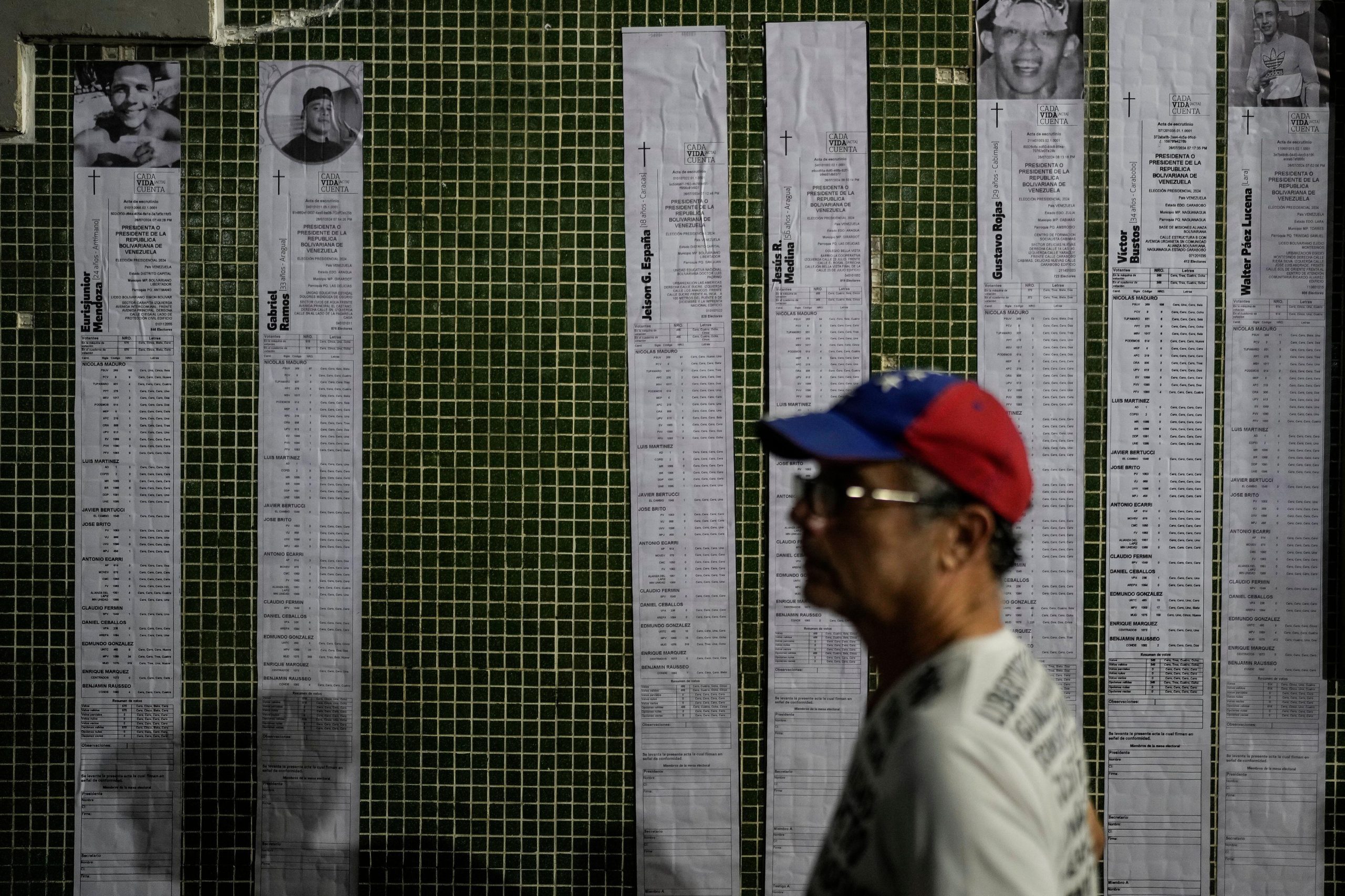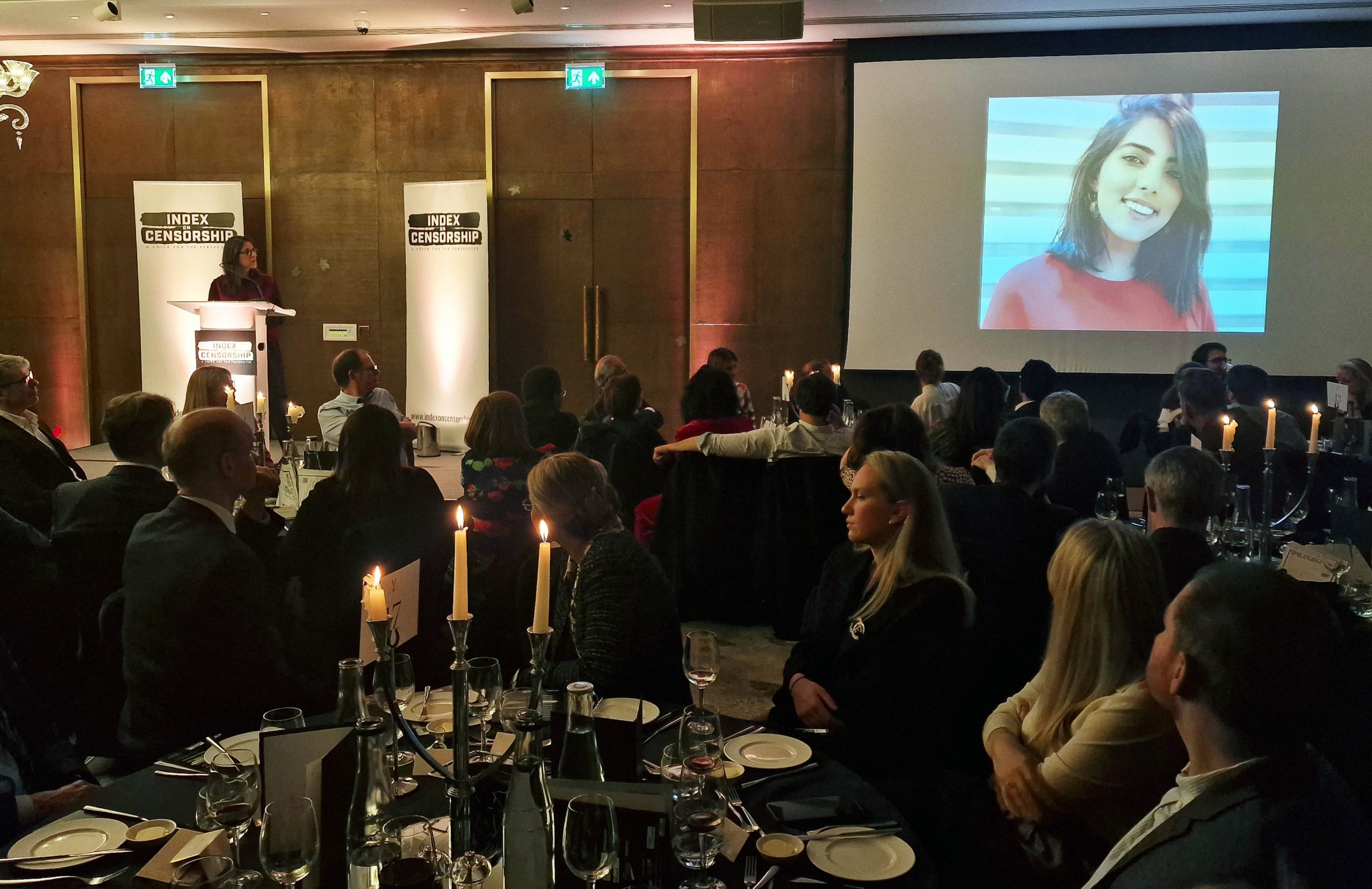The BBC have fought me from ditch to ditch using a top class legal team and every litigation tactic available. This is an organisation of enormous repute devoted to providing impartial news coverage and comment to Britain and indeed the world. How strange that it is fighting so vigorously to keep its secrets to itself. What is going on?
The simplest answer is that given by David Davies MP, who said the BBC was guilty of ‘shocking hypocrisy’. It uses the Freedom of Information Act widely in pursuit of its own journalism but is unwilling to accept its own responsibility, as a public body paid for by the public, to publish material critical of its own standards of impartiality. In fact, it’s a bit more complicated than that and the complications expose some important issues about the BBC and about public policy on freedom of expression more generally.
First, I should explain why I have been willing to fight this case personally for the last two years, representing myself before the Information Commissioner, the Information Tribunal and the High Court. Although I am a lawyer, my field is not public law and I do not present cases in court. So I have been through a pretty steep learning curve. Why have I taken this on and what do I seek to achieve?
The conflict between Israel and the Palestinians is of great concern to me. I am Jewish, and although my Jewish background has been only of peripheral significance during most of my life, I have strong feelings that the world owes the Jewish people the right to live in their own country in peace and security. But for the whole 50 years of its existence Israel has been threatened with annihilation by its enemies. Of course, the Palestinians must have their state too. It is tragic that the obvious two-state solution has been so hard to achieve.
Public opinion in the world outside the US has shifted strongly against Israel since 2000. Many people say that this is the consequence of Israel’s actions. Israel’s defenders say it has not received a fair hearing in the media. They are especially worried by the BBC’s coverage. The BBC is trusted throughout the world as an institution devoted to the highest standards of impartiality and so BBC coverage adverse to Israel is perceived as particularly threatening.
And I mean physically threatening. Threatening to Israelis certainly, but also to European Jews who have experienced a much increased level of anti-semitism over recent years. Anyone going to a synagogue in the UK for the first time is shocked by the level of physical security deemed necessary. A recent Parliamentary report on anti-semitism in the UK called on media organisations to reflect on their responsibilities.
Whatever your views on Israel and on the BBC’s coverage of the conflict, everyone must surely agree that it really does matter whether that coverage has or has not been impartial. But sadly the BBC has so far responded to criticism of its impartiality on this subject in a way which has been more political than professional. First it reacted simply by defending its journalists in general terms without descending into the detail. Three serious reports by BBC Watch submitted in 2002-3 went largely unanswered. Finally, it did the right thing and brought in a senior TV news editor, Malcolm Balen, to conduct a serious review. The BBC’s top Journalism Board considered his report in 2004-5 and took a number of important decisions in response to his critique. But the BBC has repeatedly refused to publish Mr Balen’s report – although it had publicised his appointment.
Instead of publishing the Balen report, the BBC Governors appointed a group of the great and good to do a quick report, which was published, on three months’ current coverage during a relatively uneventful period in the Middle East – they were not asked to go back to the critical period of 2000-4. They asked for the Balen report and eventually the BBC reluctantly gave it to them but they were forbidden to tell the public about it.
It is hardly surprising that all this has created mistrust and cynicism about the BBC’s motives. That is what secrecy does. The BBC of all institutions really should know better.
The BBC’s ideological, intellectual and legal defence of its position is full of irony. All turns on the freedom to impart and receive ideas guaranteed by Article 10 of the European Convention on Human Rights. The public policy purposes of Article 10 are the same as those of the Freedom of Information Act. The BBC says these same public policy purposes support the exception on which they rely in declining to release the Balen report. This exception is for information held for the purposes of journalism. The BBC says this covers not just primary information collected by journalists and unpublished editorial material but reviews of broadcast output considered by those charged with maintaining the BBC’s standards of impartiality. The BBC says that this is necessary in order to protect BBC journalists’ freedom of expression.
But it cannot possibly be right that the BBC’s obligation to ensure impartial coverage must be policed only in secret for fear of prejudicing the BBC’s own editorial independence. If that was right we should have no public reports at all on the subject – maybe we shouldn’t even be talking about it. It would mean that there is a fundamental contradiction between the public’s right to know what the BBC, as a public body, is doing and the BBC’s editorial independence. Maybe the whole idea of a public sector broadcaster is a contradiction. It gives ammunition to those who think the BBC is an arrogant, unaccountable bureaucracy which cannot reform itself and should be abolished.
So far the Information Commissioner, the Information Tribunal and the High Court have all looked at this case. The Commissioner was against me – but he did not know that the Balen report had gone up to the Journalism Board and may have thought it was primarily a tool to help practising journalists. The Tribunal was in my favour. But now the High Court has decided on a literal interpretation of the statute that I did not have a right of appeal to the Tribunal after all – ‘most odd’ said the Judge. So the matter goes back to the Commissioner. In the meantime I have asked the new chairman of the new BBC Trust, Sir Michael Lyons, to intervene.
This issue is important for the health and the reputation of the BBC in the long run and indeed for the global reputation of Britain as the land of ‘fair play’. Certainly I have received a fair amount of internet and email support from those who see the whole thing as the work of perfidious Albion or of engrained European anti-semitism. Not that it is easy to wholly discount some underlying element of this. The reactions of a couple of my colleagues were interesting. One said knowingly – ‘You’ll never get it you know!’ Another – ‘I hope this doesn’t mean you’re turning into a Zionist nutter!’
I live in hope that this saga will prove to be a bit of a British muddle which will finally get sorted out in a suitably British way rather than some Kafkaesque conspiracy of which I, and freedom of information, are victims.




